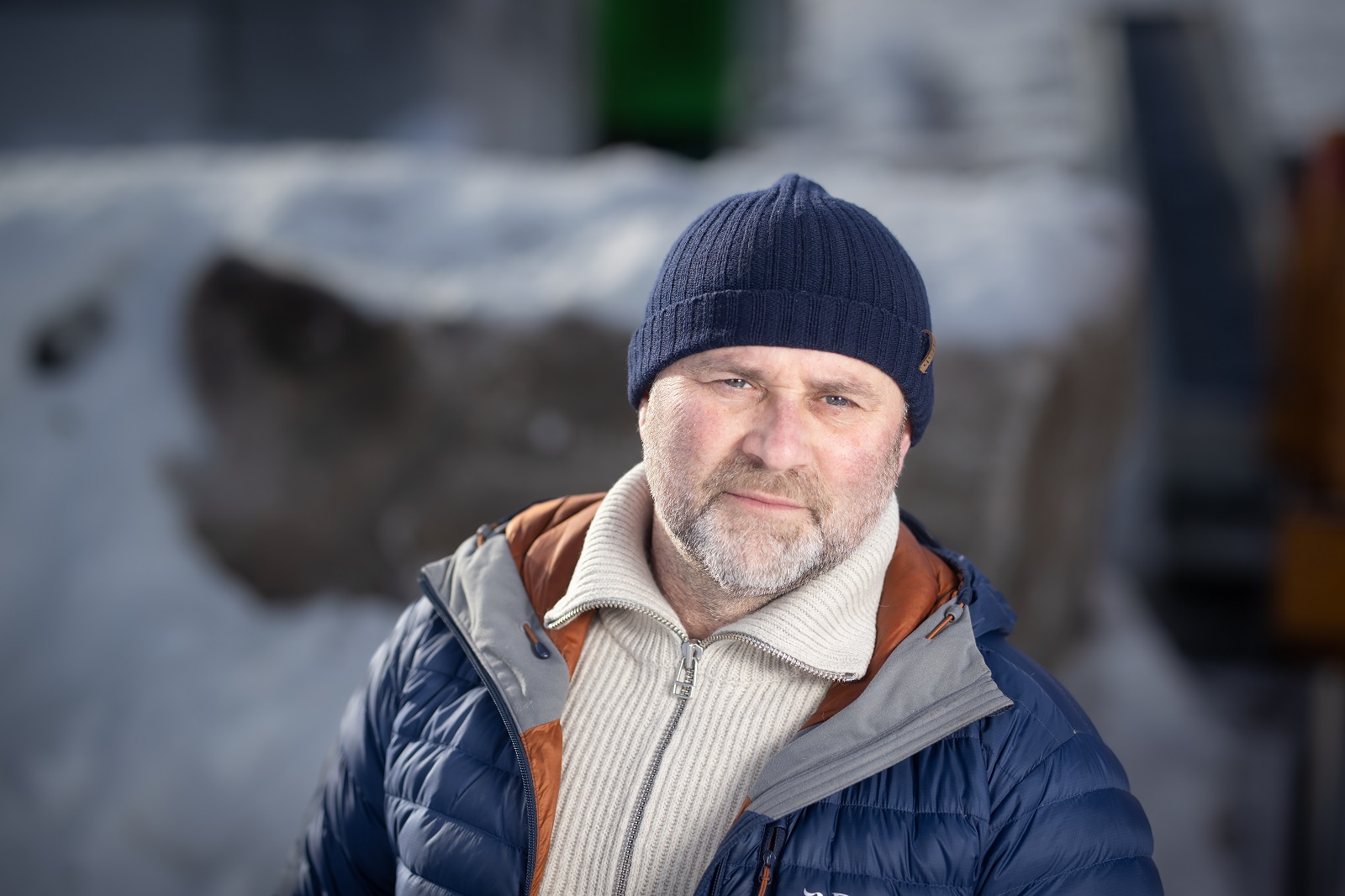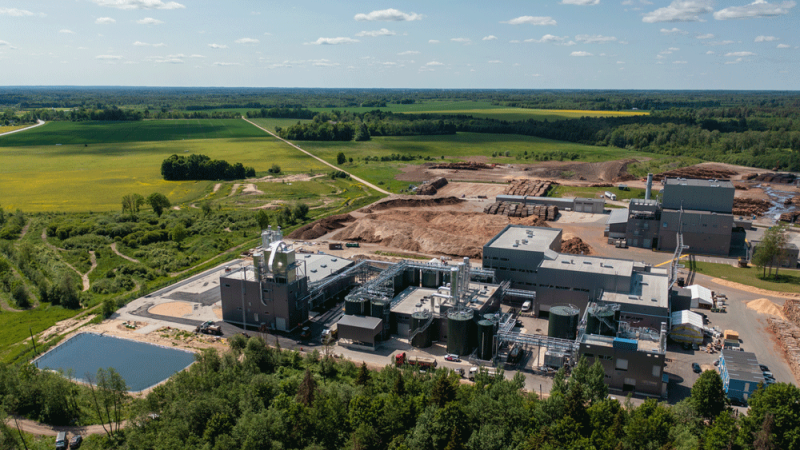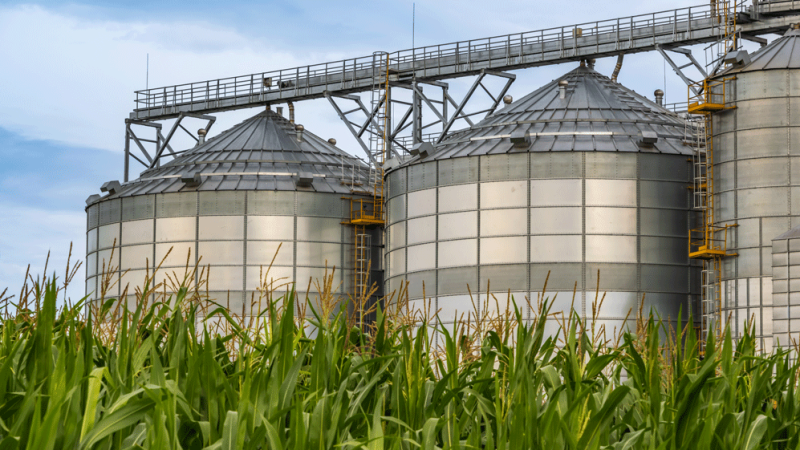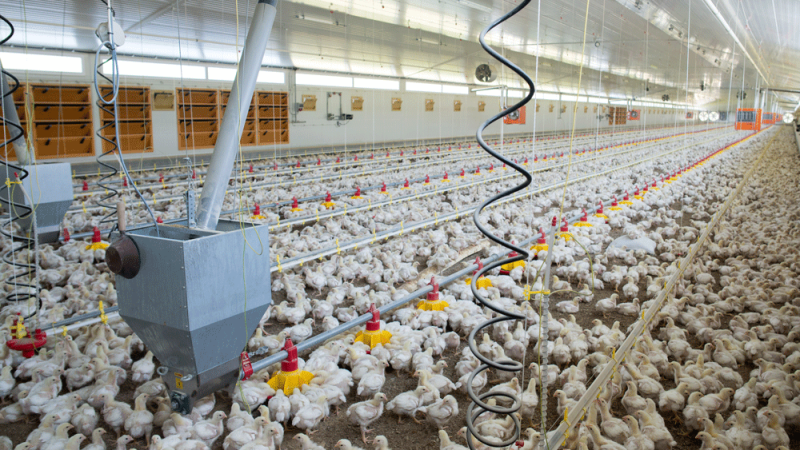Gigante Salmon AS is one of several companies in the Gigante Havbruk corporation, a family-owned business with headquarters in Bodø, which has produced salmon since 1988, and has ownership throughout the entire value chain.
“Gigante Salmon is taking this experience and knowledge further, with land-based salmon farming done our way. ‘Our way’ means combining nature’s conditions along the Norwegian coastline with the best technology available,” says company CEO Helge Albertsen.
He explains that the company has two projects in its portfolio, the development and operation of the land-based facility on the island of Lille Indre Rosøya in Rødøy, and the Gigante Salmon AS-owned site on Feøya island in Gildeskål municipality.
Business development has been rapid over the last few years, despite the challenges of the global pandemic. The company completed an IPO in July 2021 and a month later began civil construction work in Rødøy. Grytåga Settefisk AS has begun raising the first release of fish for the facility.
The perfect location
Mr Albertsen affirms that Norway’s natural conditions have played a key part in the company strategy. Its land-based salmon facility is being constructed on a small island of about 27,000 m2 that the company bought in Rødøy, the coastal municipality in Nordland county, on the Arctic Circle.
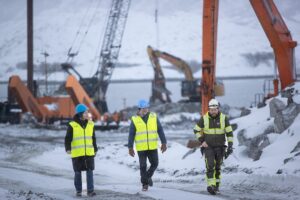 “The beautiful nature along the Helgeland coast is the perfect setting for this kind of facility. Of course, the construction works will have an impact but Gigante Salmon AS wants to produce high-quality protein without leaving a bigger climate footprint than is absolutely necessary.”
“The beautiful nature along the Helgeland coast is the perfect setting for this kind of facility. Of course, the construction works will have an impact but Gigante Salmon AS wants to produce high-quality protein without leaving a bigger climate footprint than is absolutely necessary.”
The farm is therefore an area-efficient facility which is set to be escape-proof, and more than 50% of the emissions are collected and used as fertilizer or other products in the circular economy.
“The concept has also been designed for increased fish welfare, which is another highly important aspect for us. We are striving to achieve the best conditions for the fish. For this reason, we have chosen Norway-based Skretting, a global leader in aquafeed, known for its very tight focus on sustainability and fish health, as our prime feed supplier.”
A different kind of salmon farming
The company’s aquaculture concept is based on a flow-through system that combines the advantages of both conventional and land-based aquaculture and eliminates the challenges associated with conventional sea-based farming, such as lice and escapes, while at the same time improving fish welfare and reducing mortality, emissions, feed wastage and the burden on the local environment.
The technological design is based on continuous water replacement and speed so that the salmon can swim against the current in fresh seawater throughout production. The fish are thus expected to be fitter and healthier.
“Better control makes us able to continuously focus on fish health and welfare and thereby increase growth and other production factors. From a sustainability perspective, it’s possible to increase the use of ‘waste’. Sludge from fish farming is a resource, and by collecting this resource it can be used again.”
At full production, the company aims to produce 20,000 metric tonnes (MT) of salmon per year. Construction work for the facility began in September 2021 – the basic work for the first production basin is now complete. Excavation work for the other two basins has been done in parallel, but the finalisation of these two basins is expected in Q2 2024 in line with the company’s progress plan.
Expertise and local knowledge
Mr Albertsen explains that the project uses both top sector expertise and local resources. “The board members, and most of the project members of Gigante Salmon AS, have extensive experience within traditional aquaculture.”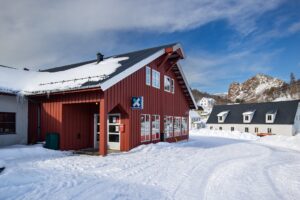
He himself has a background in oil and gas and points out that a lot of people from that sector have gone into aquaculture.
“Our contract philosophy is locally focused, where we have ambitions to use local contractors and entrepreneurs, both in the project execution and operational phases. Their local knowledge of the area, the community, the network and the value chain are very important to us,” he notes, adding that Gigante’s overall contract strategy is based on an open book/joint venture type of contract.
“We will not invest in developing a market brand for our salmon. We strongly believe that our company must be competitive with conventional salmon farming, in order to secure economic sustainability and lower the market risk.”
Pushing for production
Progressing according to plan, production is expected to start in September 2023. Mr Albertsen acknowledges that all efforts are now focused on the coordination and finalisation of installation activities prior to the start-up, as well as on handling the challenges related to delivery times and increased costs due to inflation and the ongoing war in Ukraine.
These, however, are not hindering the works, he affirms. “Our plans call for only one production basin to be ready when the facility comes online this autumn. Excavation of the other two production basins is due to be completed by this time, as will much of the facility’s infrastructure.”
He explains that establishing one production basin first will help the company make technological choices and become aware of the associated costs prior to the completion of the remaining production basins during Q2 2024.
Potential customers are already lining up – Gigante has received a number of queries from companies as far away as China, although most of the output is set to be sold within the European market, says Mr Albertsen.
“The first two years will be spent at 1/3 capacity. If we are completely comfortable with the operation in that time frame, we will ramp up production. If not, we will spend as much time as required to fine-tune the processes to make sure that we are doing exactly the right thing, so that consumers near and far can enjoy our top-quality salmon.”
